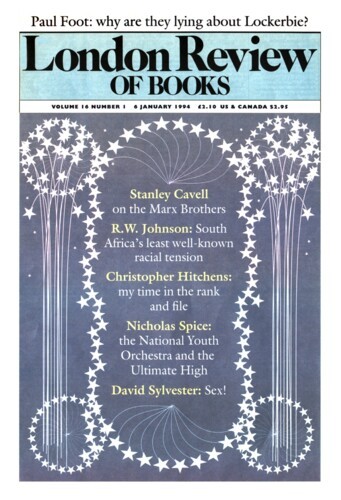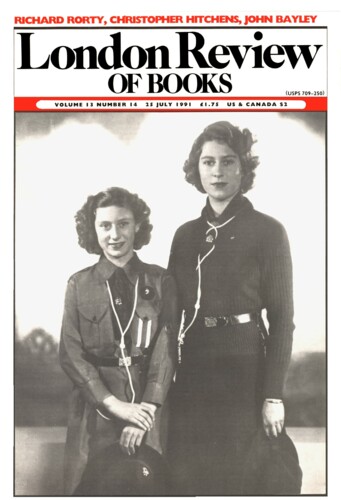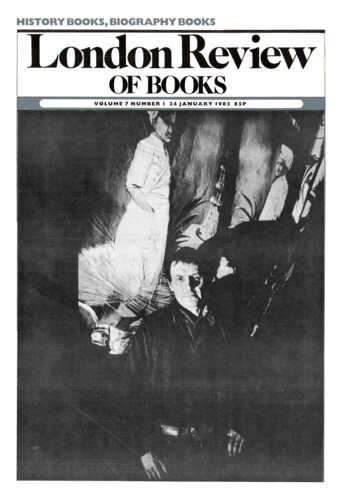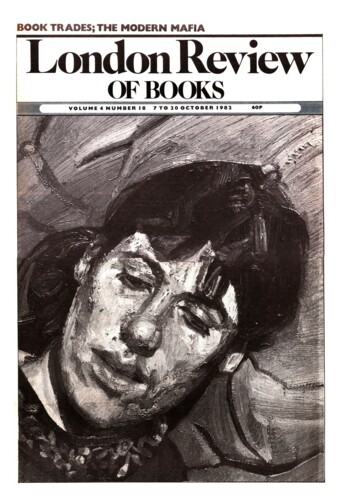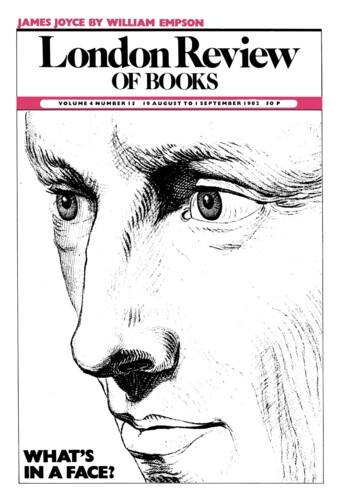Blood and logic
Michael Dummett, 6 January 1994
Jean van Heijenoort was a mathematical logician who had once been Trotsky’s secretary, and if only those who have already heard of him read this book, a great many people will miss a fascinating story. The community of those interested in mathematical logic is one of which the public is very little aware. The name of van Heijenoort is known to everyone within it, not for any great discovery he made, but because of what is probably his most lasting contribution: the large and immensely useful source book, From Frege to Gödel, which he published in 1967.
